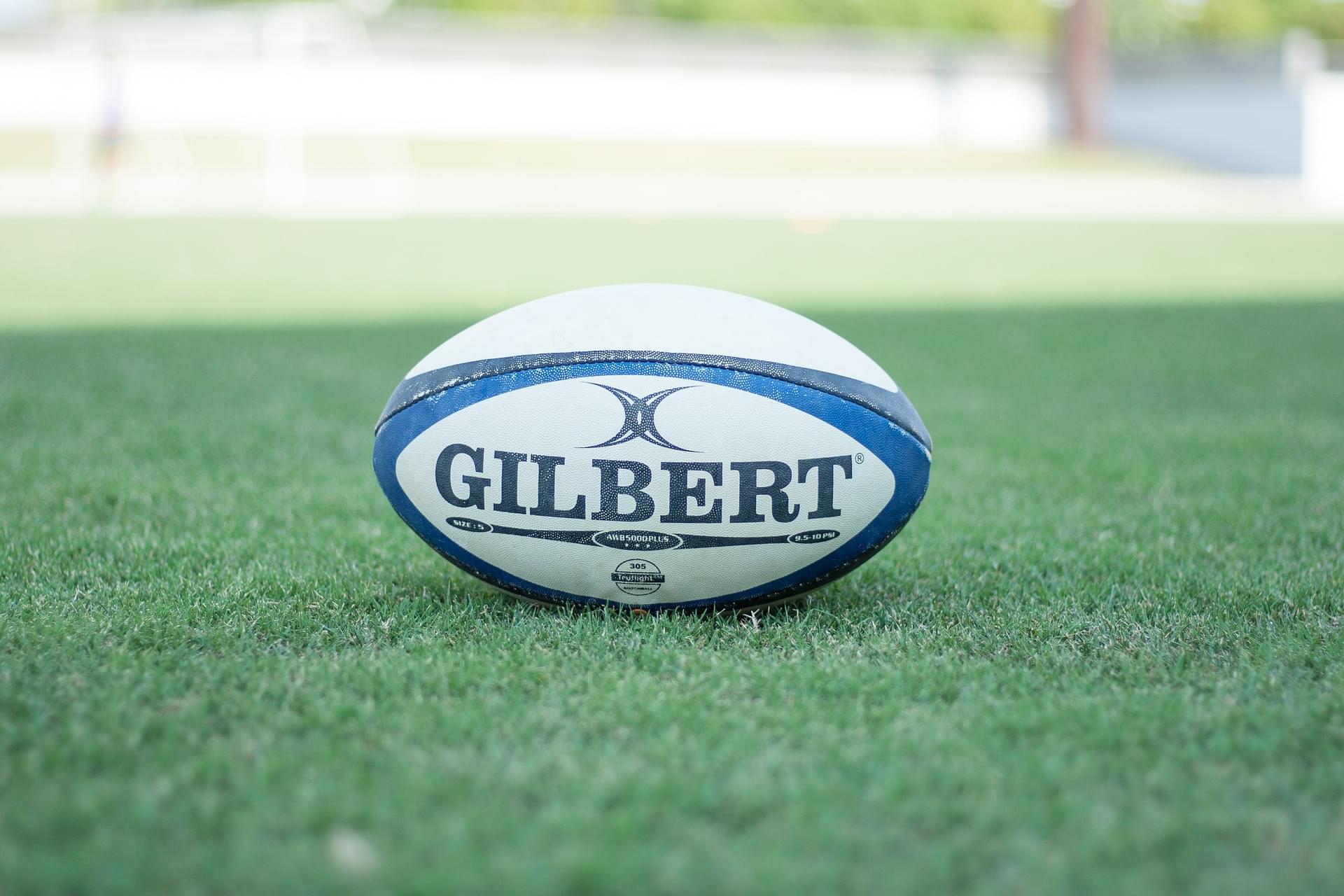“A gentleman’s game;” the unofficial motto of the sport of rugby union, a game traditionally associated with the upper classes, often perceived as being dominated by white Protestant men. The sport champions the ideas of sportsmanship, fair play and, above all, respect.
On the pitch, players are taught to be respectful towards their teammates, opposition players, coaches, referees and fans, and for the most part, these standards have been upheld. However, as recent events suggest, these values are not always maintained off the turf.
Of course, the events to which I refer are the ongoing trials of Ulster and Ireland teammates Paddy Jackson and Stuart Olding. Both men are accused of the rape of a woman at a party in Jackson’s home. Regardless of what your stance is in terms of their guilt, the court proceedings have already produced two important results.
Firstly, Jackson and Olding will play for neither province nor country ever again (or at least, they certainly shouldn’t, but I am confident that common sense will prevail). The other, and perhaps more pressing fact, is that rugby is still a sexist and misogynistic game, despite efforts to integrate women into the sport.
Now, don’t get me wrong, I understand that this “locker room” behaviour is not limited to rugby and I am not using the game as an example of sexism in sport purely because it is relevant right now. I simply believe that if rugby is to be embraced as a global sport like soccer, a modernisation of the game is essential.
I will be blunt; the Jackson-Olding trial has resurrected an ugly aspect of the rugby lifestyle: the phenomenon known as “lad culture.” Whether they want to admit it or not, every player knows it exists. It is an archaic reminder of where the sport comes from; the playing fields of Rugby, Eton and other British public schools, places where the new leaders of the world are bred. In the changing rooms of these mighty institutions, the foundations for “locker-room talk” were established, with elitism, misogyny and homophobia being the main themes.
Rugby has done well to shrug off two of these issues, but misogyny is still clearly a part of the culture, demonstrated by the Whatsapp exchanges between Jackson and Olding that were shown to the jury a few weeks ago. Branding themselves “top shaggers,” the former players indicate that this grotesque facet of the sport is far from dead.
I urge people not to overlook this, regardless of how the trial pans out, and await the response of the Ulster and Irish rugby unions towards these texts. We cannot allow younger, more impressionable players, who looked up to Jackson and Olding, to believe that this despicable behaviour is acceptable. However, I understand that the unions are unlikely to release statements addressing these messages until it is legally safe to do so.
So, then, what can be done in the meantime to eradicate sexism and misogyny from the sport? I certainly believe that the action taken by World Rugby to address these problems is a step in the right direction and clearly shows that our concerns are not falling on deaf ears. One example of their progressive attitude is Joy Neville.
Neville began her rugby career at Shannon RFC. She quickly rose to the top and became a stalwart in the Irish Senior Women’s team, making 70 appearances for her country in a 10-year period. However, she wasn’t just a player. While studying at Limerick Institute of Technology, Neville coached both the college’s senior men’s and women’s rugby teams, before being advised to take up refereeing.
Slowly, Neville went from officiating Munster Schools Senior Cup matches, to games in the Women’s Six Nations and World Sevens Series. She refereed the Women’s Rugby World Cup Final between New Zealand and England last August, before stepping to the elite men’s game. Since then, the Limerick native’s CV has become more and more impressive and her rise to the top table of rugby refereeing is inevitable. It’s also worth noting that Neville is openly gay, another bonus for World Rugby’s PR.
Neville’s success story is proof that rugby is moving on from its male-dominated past, which is a necessary change if the sport wants to appeal to today’s audiences. Rugby fulfils a niche that other sports cannot; this is not like tennis or football, where only certain body types can play. Rugby is a sport that people of all shapes, all sizes, and now all genders, can play. As women’s rugby teams are set up around the country and beyond, the sport must capitalise on this rise in popularity amongst the female demographic.
Therefore, I believe that the rugby world is obligated to take a stance against misogyny in the game. If the sport is to thrive globally, women must feel that they are not in an atmosphere where they may feel oppressed or unequal. World Rugby has taken a, “zero-tolerance policy” against doping in the game, but there is still no such policy regarding sexism.
The Jackson-Olding trial is evidence that this issue still plagues the sport. The only remedy is for the governing bodies to adopt a stern approach towards misogyny and to utilise Neville and others as ambassadors for a fair and friendly game.
World Rugby needs to ensure that when taking up rugby for the first time, girls, and indeed boys, believe that they are entering a safe, tolerant and equal environment. The, “gentleman’s game” should be consigned to history; “the people’s game” should takes its place.







